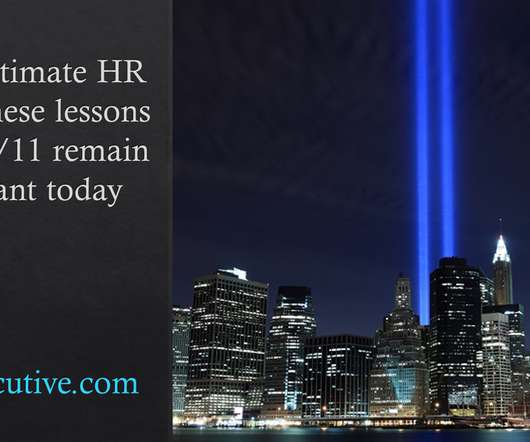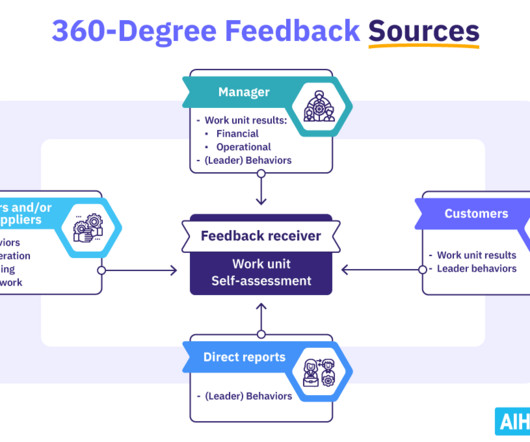People Analytics and HR-Tech Reading List
Littal Shemer
OCTOBER 11, 2022
It covers all the core areas of HR including recruitment, performance management, learning and development (L&D), and reward. “The book focuses on the use of information technologies in talent management. It includes examples, such as employee engagement, performance, and turnover.
















Let's personalize your content